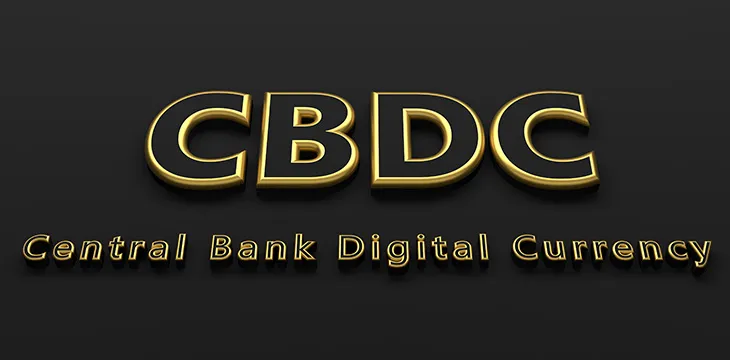|
Getting your Trinity Audio player ready...
|
In early September, El Salvador took a bold step as it debuted BTC as a legal tender. This change meant businesses could now accept payment in both the digital currency as well as the country’s official currency, the U.S. dollar.
El Salvador purchased 400 BTC in anticipation of the launch. President Nayib Bukele said the purchase of digital currency will help to pump the currency price above $52,000, the highest price since May. But shortly after the launch, there was a dip in the price of BTC, and the El Salvador government claimed that they bought additional 150 Bitcoins.
Bukele said the launch will benefit Salvadorans, as about $400 million (€338 million) spent on commissions for remittances annually will be saved, and it will give access to financial services to citizens without bank accounts.
Despite the government promising $30 worth of digital currency to each user of the government’s digital wallet, there have been controversies and protests by the citizens following the launch. The country’s national digital wallet, Chivo, was not available on Apple, Google, and Huawei’s app download platforms as of September 7, 2021, although the app was later available on Huawei’s platform. Following technical glitches, Salvadorans are skeptical about accepting the use of Bitcoin, this may be due to fear of the volatility of this digital currency and the low awareness of how it works.
Prior to the launch, the government installed automated teller machines (ATMs) that will dispense dollars converted from BTC to the Chivo e-wallet, without commission. Interestingly, a lot of citizens (mostly the poor) do not have access to the technology needed to make BTC work in El Salvador, about half the population does not have internet access and some have poor connectivity.
Central banks of Honduras and Guatemala study the possibility of CBDCs
According to reports, the central bank presidents for Guatemala and Honduras revealed they were analyzing digital currencies with the goal of adopting them. The adoption could also be through the creation of a central bank digital currency (CBDC), increasing the chances of adoption.
Vice President of Guatemala’s central bank, Jose Alfredo Blanco mentioned that they are checking the likelihood of creating a national digital currency. He also said that they created a committee for this and they plan to name the currency “iQuetzal.”
“It will take perhaps a long time to complete the investigation phase,” Blanco added.
President of Honduras central bank, Wilfredo Cerrato also commented on the subject at a regional economic forum. He said: “The Central Bank of Honduras has also recently begun, approved by the board of directors, to initiate the study….. to determine the feasibility of conducting a pilot test issuing its own digital money or a central bank digital currency.”
To learn more about central bank digital currencies and some of the design decisions that need to be considered when creating and launching it, read >nChain’s CBDC playbook.
Watch: CoinGeek Zurich panel, Digital Technology and the Future of Banking & Financial Services

 07-05-2025
07-05-2025 





